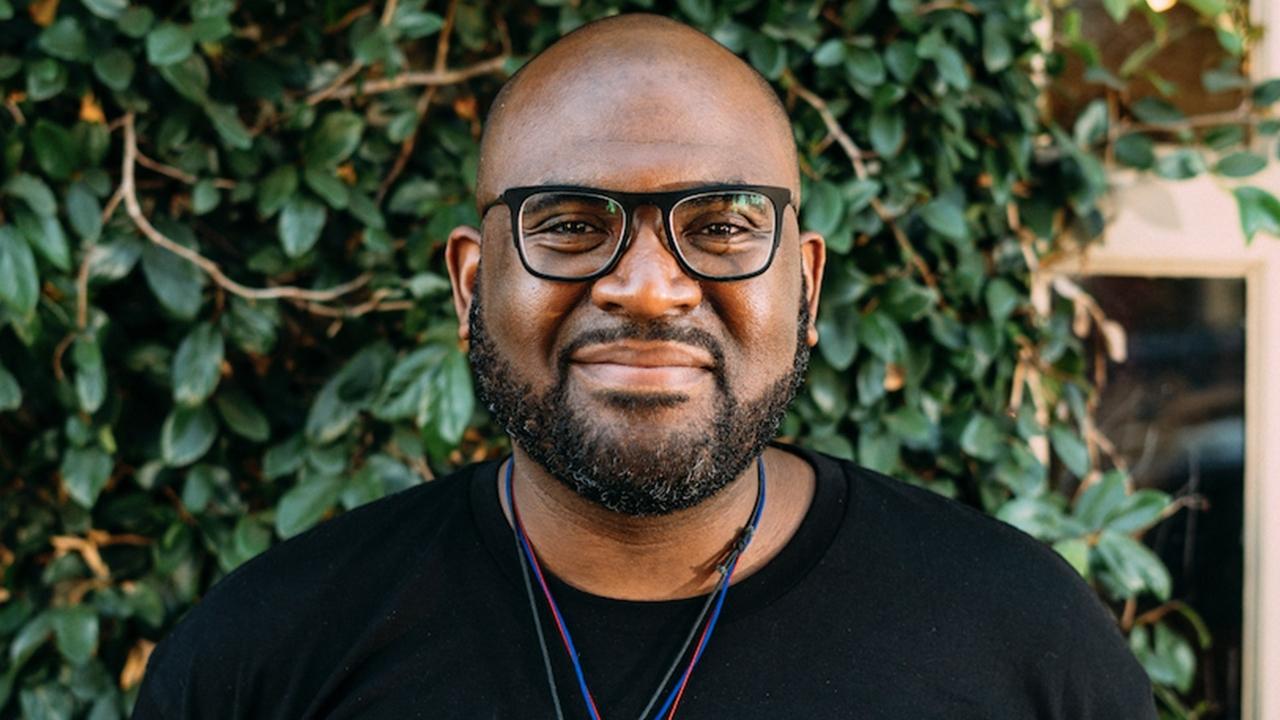Podcast: Love and Rage with Lama Rod Owens
Oct 23, 2020
Or, listen on Spotify
Lama Rod Owens is a Buddhist minister, Black activist, and author of Love and Rage: The Path of Liberation through Anger. As he says in this podcast, "Anger is the bodyguard for hurt." Anger wakes us up to what is happening inside ourselves, but it also requires stepping back into a space of reflection before fiercely stepping forward to address the source of our pain.
Leading teachers, life-changing courses...
Your path to a happier, healthier life
Get access to our library of over 100 courses on health and nutrition, spirituality, creativity, breathwork and meditation, relationships, personal growth, sustainability, social impact and leadership.
Stay connected with Commune
Receive our weekly Commusings newsletter + free course announcements!


